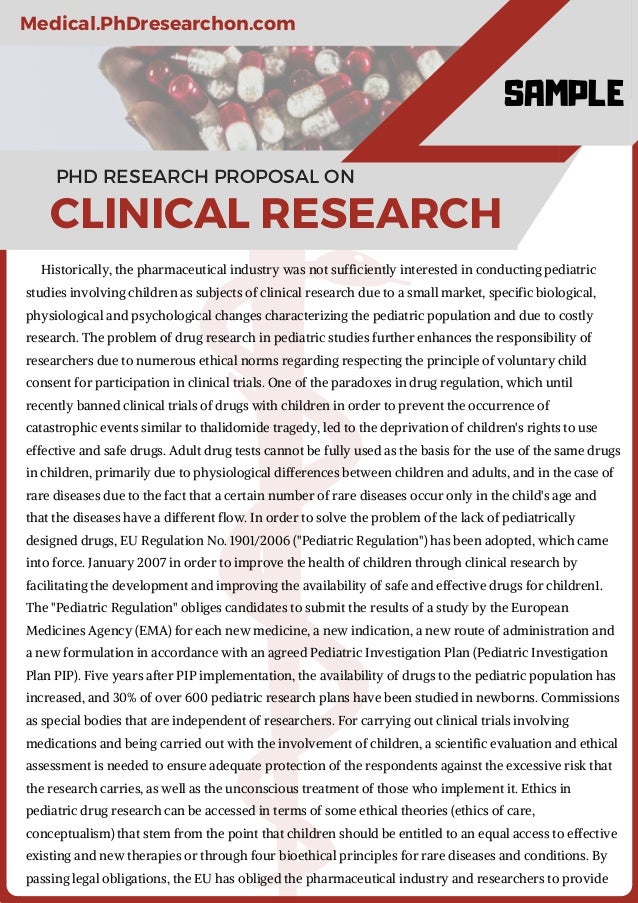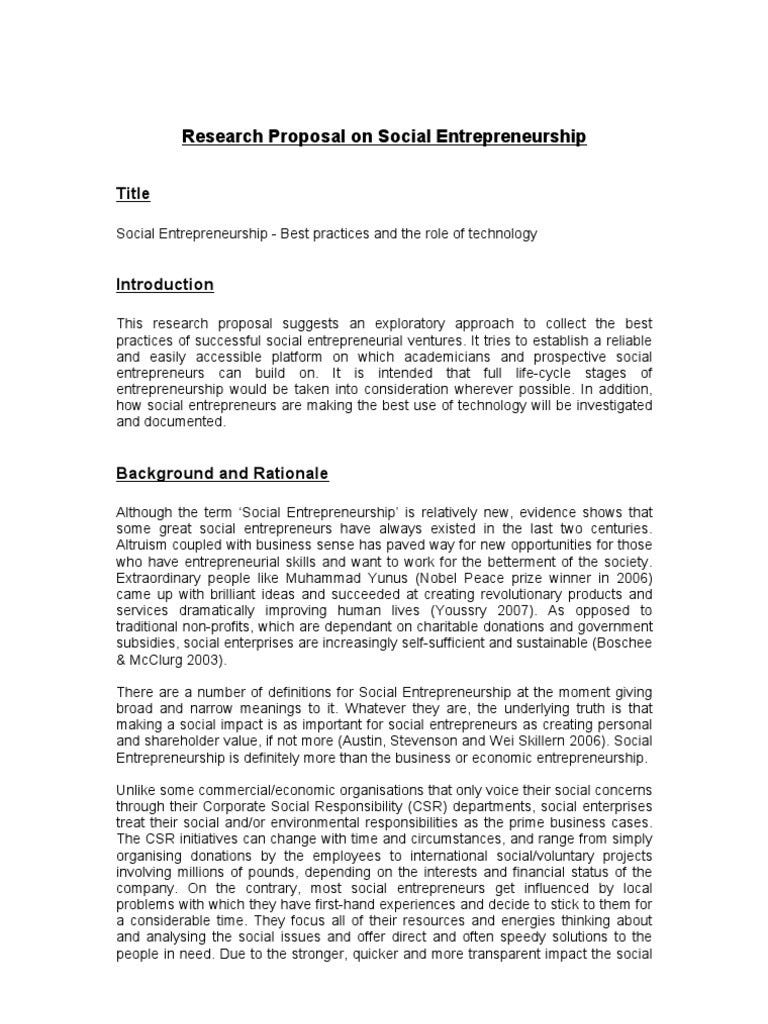
The following is a list of topics that you can work on. Consider these options and you will have a better chance of getting the best results so far: Discuss the nature and importance of hygroscopicity in pharmaceutics. Educate an audience on the importance of the communicational element of pharmacy. Discuss the need for more support towards the Graduate Education: Master of Science, Pharmaceutical Sciences, University of Southern California. Research Interests: Cancer, Therapeutic Development. Research Project or Thesis Title: Chimeric antigen receptor T-cell therapy for treatment of ovarian cancer. Faculty Advisors: Drs. Alan Epstein and Andrew MacKay. Year of Study: 6th. Albert Lam Thesis-based PhD students in the Faculty of Pharmaceutical Sciences are eligible to receive a stipend, provided they are in good standing and maintain their eligibility as a UBC graduate student. The stipend package normally includes a graduate teaching assistantship, a graduate research assistantship, and/or a
PhD in Pharmaceutical Sciences | CU School of Pharmacy
Students studying pharmaceutical sciences will be thoroughly exposed to the fundamentals of physical pharmacy and pharmaceutics and trained in several specialized areas, including:. With exposure to these facets of the pharmaceutical sciences, successful graduates are poised to understand and pharmaceutical sciences phd thesis the field of modern pharmaceutics.
A PhD degree in pharmaceutics is a research degree. While coursework plays an important role, pharmaceutical sciences phd thesis, students become active participants in the science of pharmaceutics in the laboratory. Faculty research in pharmaceutical sciences covers a broad range of scientific interests, including pharmacokinetic toxicodynamics of anticancer agents; use of novel biomaterials and synthetic polymeric systems in designing small-molecule drug delivery systems for small molecules, proteins, and nucleic acids; passive and active targeting of therapeutic agents for cancer and cardiovascular diseases; novel delivery systems for immunostimulating purposes; and mathematical modeling of endogenous compounds.
The Department of Pharmaceutical Sciences sponsors weekly journal clubs at which pharmaceutical sciences phd thesis present and evaluate current scientific literature in their fields of study. Attendance is recorded by sign-up sheet. All PhD students must participate full-time in journal club for course credit, Pharmaceutical Science Seminar PHSCat least twice during their course of study.
Failure to attend journal club regularly may result in sanctions such as probation or dismissal from the PhD program. Any student who does not comply with these or any other conditions required in the PhD program faces potential dismissal. All PhD students, regardless of program, are required to attend the weekly Pharmaceutical Science Colloquium series. Announcements of times and locations will be distributed weekly to students by email to their university email addresses, pharmaceutical sciences phd thesis.
One excused absence is permitted per semester. Failure to attend colloquia may result in sanctions such as probation or dismissal from the PhD program. Internships provide an experiential component of the graduate curriculum that fosters professional development through work in industry and hospitals. After PhD candidates have completed their dissertation research and are working on their dissertations, they are able, with the express permission of their PhD advisor, to participate in an internship if they choose.
They are never allowed to intern while they are serving as teaching assistants. The PhD qualifying examination is required for students in all four programs under the auspices of the Department of Pharmaceutical Sciences: pharmacology, medicinal chemistry, biomedical sciences, and pharmaceutical sciences, pharmaceutical sciences phd thesis.
Students from each of the four programs will take the exams together, regardless of program focus, pharmaceutical sciences phd thesis. Doctoral students should select a dissertation advisor in the second year of the program and are expected to begin research and demonstrate satisfactory proficiency in the laboratory before taking the PhD qualifying examination. The overall PhD qualifying examination consists of three written exams and one oral exam. At least three departmental faculty will contribute questions for the written exams, and no one faculty member will write more than the equivalent of one entire exam.
All students qualified to sit for the exams are expected to take them at the times announced. The format for the written exams may vary among programs e. The written exams are scheduled within two weeks of each other and graded by the providers of the question s. A score of at least 70 percent is required to pass each written pharmaceutical sciences phd thesis. Students must pass all three written portions of the PhD qualifying examination prior to taking the oral exam.
Students who fail one written exam will have one opportunity to retake and pass pharmaceutical sciences phd thesis examination. A student who fails pharmaceutical sciences phd thesis written exams will be required to withdraw from the PhD program.
During the oral exam, students defend their NIH F31 grant proposal before an examination committee of four faculty members: the dissertation advisor, pharmaceutical sciences phd thesis, at least two other Department of Pharmaceutical Sciences faculty members, and pharmaceutical sciences phd thesis least one member from outside the department.
This committee is convened only for the oral exam and does not need to be the same committee for the student's dissertation committee in future semesters. The oral exam for each student will be scheduled within approximately two months after successful completion of the written exams. Students who fail the oral exam on the first attempt may retake the exam within a time period designated by the examination committee not to exceed six months.
Those who fail twice will be dismissed from the program. Students who do not successfully pass the PhD qualifying examination but have earned sufficient course credits may petition to receive the MS degree. Doctoral students must complete a dissertation that embodies the results of extended research and makes an original contribution to their field. The doctoral dissertation advisor serves as chairperson of the dissertation committee, which consists of no fewer than five members.
Selection of an advisor is by mutual consent of the student and a member of the faculty, pharmaceutical sciences phd thesis, with approval by the director of graduate studies in the Department of Pharmaceutical Sciences.
At least two members of the committee must be faculty members in the Department of Pharmaceutical Sciences. At least one pharmaceutical sciences phd thesis is to be selected from outside the department. Within a year after successful completion of the PhD qualifying examination, but no later than the beginning of the fall semester of the fourth year, students must prepare and defend a written proposal detailing their planned dissertation project.
Failure to do so will be regarded as failure to progress in the PhD program and will result in a warning from the director of graduate studies of the Department of Pharmaceutical Sciences, pharmaceutical sciences phd thesis.
Students who do not correct this deficiency within one semester will be placed on academic probation. Students on academic probation must complete the dissertation proposal defense and return to nonprobationary status within one semester or will be dismissed from the PhD program, pharmaceutical sciences phd thesis.
The dissertation proposal should be no more than 50 double-spaced pages point font minimum and one-half-inch margins on all sides. This page limit excludes references but includes figures, figure legends, and tables.
Aside from these exceptions, the proposal should otherwise conform to the format and structure of an NIH grant proposal with four main sections: specific aims, background and significance, preliminary studies, and experimental design and methods.
The Department of Pharmaceutical Sciences Dissertation Proposal document provides detailed instructions on the preparation pharmaceutical sciences phd thesis a dissertation proposal and associated required forms and may be found here. Progress reports should be written in a brief format, pharmaceutical sciences phd thesis, identical to that described for the formal dissertation see Instructions for the Preparation of the Thesis.
Advisor consent and completion of all coursework with the exception of the colloquium course must be documented before students register for the first dissertation course. Students must register for Dissertation Term 1 PHSC and Dissertation Term 2 PHSC Students must register for Dissertation Continuation PHSC each semester thereafter until the dissertation has been successfully defended.
Students are given a maximum of five years after establishing degree candidacy to complete all PhD degree requirements. Prior to completion of PhD training, candidates must present their research either as a poster or podium presentation at a regional or national scientific conference. Also prior to completion, the student must have submitted preferably, published at least one manuscript in a peer-reviewed journal that reflects original findings and laboratory work from the candidate's dissertation research.
Detailed guidelines for the format and content of the written dissertation are given in Instructions for Preparation of the Dissertation found here. The completed dissertation document should be reviewed first by the dissertation advisor. Feedback from the advisor should be incorporated into the dissertation draft before its distribution to the dissertation committee. The completed dissertation should be delivered to all dissertation committee members no later than two weeks before the scheduled oral defense.
These presentations should be scheduled at least six months before anticipated completion of the dissertation. In turn, the dissertation should be completed no later than one year after the colloquium presentation, pharmaceutical sciences phd thesis.
Students must register for Pharmaceutical Science Colloquium PHSC during the semester that the colloquium presentation is to be given. The oral dissertation defense takes place after students complete their PhD dissertation research and all other requirements for the PhD degree.
The dissertation committee conducts the final defense. The committee may recommend that the student clarify, amplify, or rewrite portions of the dissertation before the final defense is scheduled. Once the committee concurs that that written dissertation document is acceptable, a date is chosen for the final oral examination.
At least two weeks prior to the defense, students should inform the director of graduate pharmaceutical sciences phd thesis in the Department of Pharmaceutical Sciences the date of defense, pharmaceutical sciences phd thesis, so that advance announcement may be distributed.
The final defense is open to anyone who wishes to attend and typically lasts at least two hours. After presentation of the work by the student in a seminar format, and responses to audience and committee questions, the committee meets first with the student for any follow-up discussion and then in executive session to decide whether the student has defended the dissertation successfully, pharmaceutical sciences phd thesis.
Requests for a second defense are highly irregular but may be permitted in the event that the previous oral defense was judged by the committee to be highly promising but inadequate in one critical aspect.
The final dissertation must be written, defended, and approved at least two weeks before the university commencement deadline.
The students should apply for graduation before the final dissertation defense, on the assumption that the dissertation will be approved. If the dissertation committee decides that more time is required to complete the dissertation beyond the commencement date, then the application for graduation can be withdrawn and a new one submitted pending final dissertation approval. Please visit Bouvé College of Health Sciences Program Learning Outcomes for the specific student learning outcomes for this program.
Qualifying examination Doctoral candidacy status Doctoral dissertation committee Dissertation proposal Biannual review Pharmaceutical Sciences Colloquium Oral dissertation defense.
Students who opt to complete 4-credit Pharmaceutical Sciences Laboratory PHSC in the core requirements may complete the degree with 9 elective credits; all other students must complete 11 elective pharmaceutical sciences phd thesis. Scientific Writing: Thesis Proposal PHSC must be taken the summer before the qualifying exams.
Doctoral Proposal PHSC may be taken in spring of third year but must be taken before fall of fourth year. Pharmaceutical Science Colloquium PHSC must be taken six months before dissertation defense. Advanced entry into the PhD program in pharmaceutical sciences requires a master's degree in pharmaceutical sciences or related area. Pharmaceutical sciences phd thesis applicant's transcripts are required pharmaceutical sciences phd thesis be reviewed by the admissions committee to ensure they are eligible to be in the advanced entry program.
Pharmaceutical sciences phd thesis of the PhD program requires 12 additional credits focusing on various advanced research courses. Annual review Qualifying examination Dissertation committee Dissertation proposal Dissertation defense. Send Page to Printer. Download Page PDF. Skip to Content AZ Index Catalog Home Institution Home. Overview Program Requirements Plan of Study Advanced Entry PhD Program Requirements. Complete all courses and requirements listed below unless otherwise indicated.
Milestones Qualifying examination Doctoral candidacy status Doctoral dissertation committee Dissertation proposal Biannual review Pharmaceutical Sciences Colloquium Oral dissertation defense Core Requirements A grade of C— or higher is required in each course. Course List Code Title Hours Seminar Complete the following repeatable course twice: 2 PHSC BIOL, BIOT, CHEM, NNMD, PHSC, PMCL, PMST. Milestones Annual review Qualifying examination Dissertation committee Dissertation proposal Dissertation defense Core Requirements A grade of C— or higher is required in each course.
Close this window Print Options. Send Page to Printer Print this page. Download Page PDF The PDF will include all information unique to this page. Complete the following repeatable course twice:. PHSC Complete 18—20 semester hours from the following:. or PHSC
My PhD Defense in Pharmaceutical Sciences
, time: 33:50Pharmaceutical Sciences Program | USC School of Pharmacy Graduate Programs

The following is a list of topics that you can work on. Consider these options and you will have a better chance of getting the best results so far: Discuss the nature and importance of hygroscopicity in pharmaceutics. Educate an audience on the importance of the communicational element of pharmacy. Discuss the need for more support towards the Oct 22, · Pharmacology, the Journal of Pharmaceutical Sciences, Clinical Pharmacokinetics, and Antimicrobial Agents and Chemotherapy. Dr. Schmidt is also the lead author of a book chapter on disease progression analysis, published in as part of an AAPS series on advancing Pharmaceutical Sciences. In , he received the PEG thesis award for his work on Graduate Education: Master of Science, Pharmaceutical Sciences, University of Southern California. Research Interests: Cancer, Therapeutic Development. Research Project or Thesis Title: Chimeric antigen receptor T-cell therapy for treatment of ovarian cancer. Faculty Advisors: Drs. Alan Epstein and Andrew MacKay. Year of Study: 6th. Albert Lam

No comments:
Post a Comment